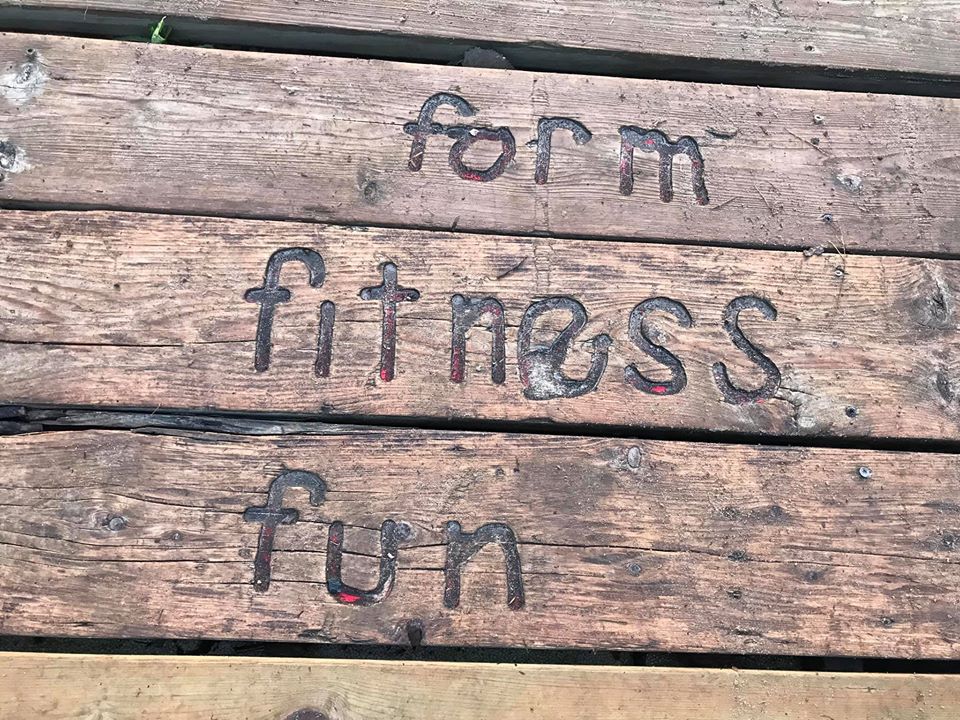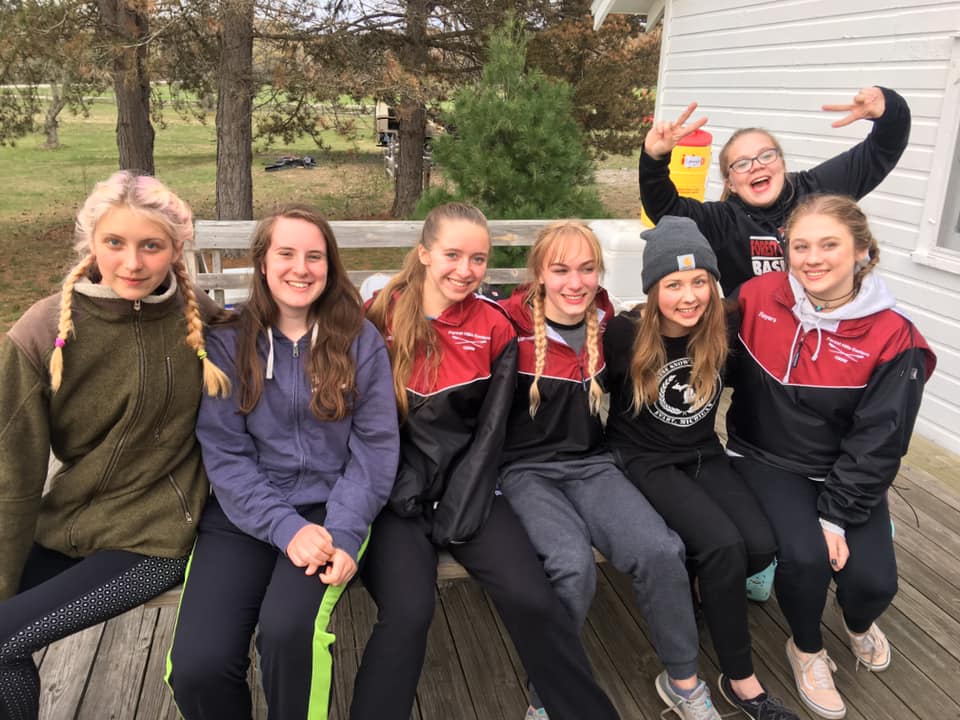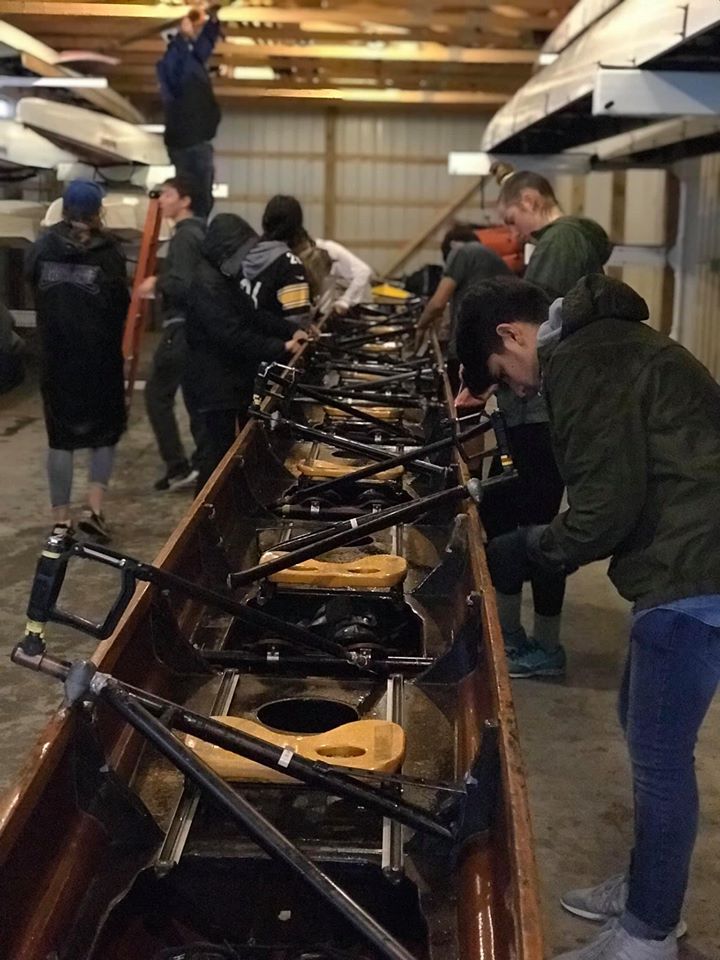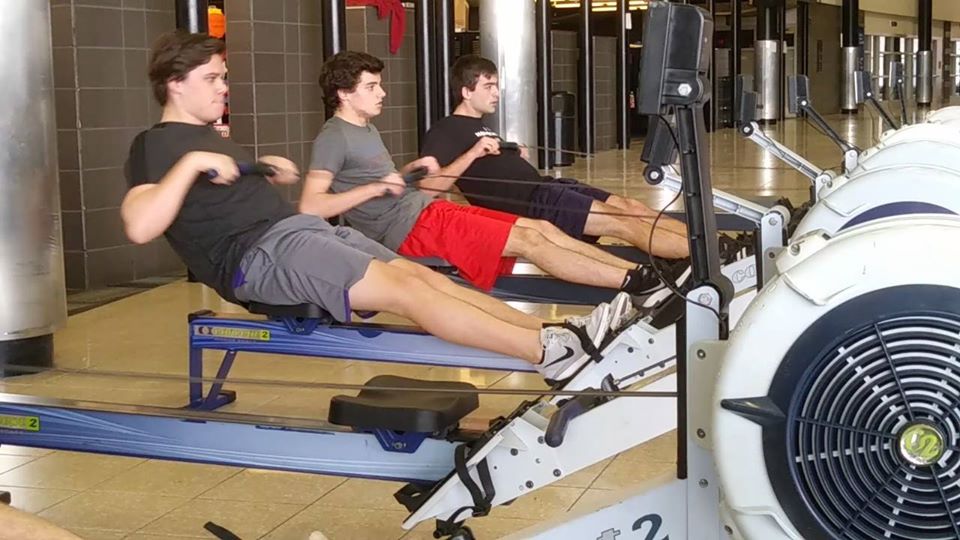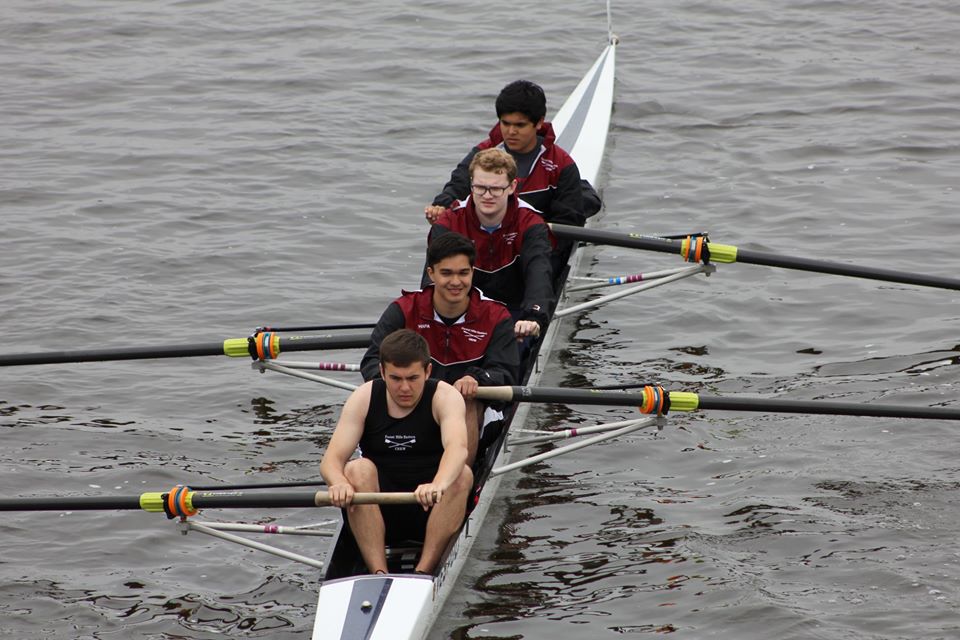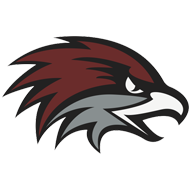What is Rowing?
Rowing, sometimes referred to as crew in the United States, is a sport whose origins reach back to Ancient Egyptian times. … Modern rowing as a competitive sport can be traced to the early 17th century when races (regattas) were held between professional watermen on the River Thames in London, United Kingdom.
Rowing is the act of propelling a boat through the water with the use of oars. In a rowing shell the rower sits on a seat that moves both forward and backward. This enables the rower to bend and straighten his or her legs increasing the length of each row or “stroke” as we say. This makes the boat much more effective and faster than a regular rowboat. The rower basically rows using the oars to push the water in front of them causing them to go backwards. There are two different types of rowing, sweep and sculling. In sweep rowing each rower holds one oar with both hands, and is in a boat with 2, 4 or 8 other rowers. In sculling, each rower has two oars, one in each hand, and may row in a single, double or quad.
How Far We Go. There are two types of races with which most rowers are familiar. One is the sprint race, which takes place in the Spring to early part of Summer and is either 1000 meters or 2000 meters in length. The other is the Head race and usually ranges in distance from 2 to 3 miles.
Scull? Port? Starboard? Crab? If you’re interested in learning more about the terms we use, where we sit, how we move, just check out these ROWING TERMINOLOGY AND MECHANICS
FHE CREW PROTOCOLS AND INFORMATION AT A GLANCE
What is a Regatta?
- Regattas are what the boat races are called. We have some regattas that are local and some that we travel to.
- Parents are strongly encouraged to stay for the day and to volunteer for duties.
- Regatta days are LONG! In addition to the endurance athletes need to compete, they also are responsible for loading and unloading all of the rowing gear, including the boats.
- Every regatta watching area is different. You can locate the athletes tent at the regatta by looking for the Hawks logo and flags. This team tent is your rowers “home base” for the day and is reserved for athletes. Rowers need to stay with their team – either at the tent, getting ready to race, debriefing after races or along the shore cheering on their teammates. They won’t be able to sit with you and your family.
- Many team families will try to gather in one sitting place to watch races so look around for people and Hawk gear you recognize.
- After your rower finishes an event they return their boats to the staging area and will discuss the race with their coach. After that you should have an opportunity to congratulate your rower.
- The food tent area is for rowers only.
- Please provide only encouraging and congratulatory comments to your rower and teammates. They will be very busy throughout the event!
What should parents bring to a regatta?
- You cannot trust the weather!! Dress in layers because cold mornings can lead to sweltering afternoons.
- Water/Coffee/Drink in a reusable bottle
- Binoculars
- Chairs
- Phone/Camera, portable charger
- Blankets
- Sunscreen
- Bug Spray
- Windbreaker type jacket (it can get windy near the shoreline)
- Hand sanitizer/wipes
- Printout of heat schedule (usually emailed out by the coach prior to the event, often available on-line)
- Appropriate weather gear – umbrellas, rain jackets, rain boots (some areas can be very muddy)
- Items to keep you occupied during down time – books, knitting, etc. Also activities to entertain younger family members if applicable.
After races are done for the day, your rower will be responsible for packing up all of the team gear (tents, tables, tool boxes, etc.), de-rigging and loading the boats and all other gear onto the team trailer. This process can take 1-2 hours so please don’t make plans for your rower on regatta days based on the end time of their races.
The day before races be sure your rower gets plenty of sleep and eats a healthy dinner that will fuel them for the next day. There is a lot of prep work prior to the start time of races so be sure your rower shows up at the time dictated by the coach.
The coaching staff will be very busy throughout the day – setting up and tearing down the equipment as well as directing athletes and giving instruction. If you need to speak to the coach, but it is not relevant to that day’s events, please hold off and engage him at a practice or by email/text.
Parent Volunteers are essential to a successful rowing team!
Fall vs. Spring Rowing Seasons:
- During the fall, rowing is a PTO/Booster club sport. It is supported only by the dues paid by rowers.
- During the spring, rowing is a school-sponsored sport. It is supported by club dues paid by rowers and supplemented by pay-to-play funds paid to FHPS.
- Summer camps are offered and sponsored by the school. Dues paid for summer camps are available to the coach for the purchase of rowing equipment.
Importance of Dues, Donations and Fundraising:
- Crew is much different from most other school sports mainly due to the equipment required and transportation needs for that equipment.
- Our boats, oars, launches, trailers and other equipment carry a heavy price tag! To purchase this gear we rely solely on funding from dues and donations. All required gear is purchased by the Crew Boosters Club and donated to FHPS.
- Each regatta has entry fees for the team and per boat and/or rower.
- In addition to equipment, funds go to pay for transportation, non-local travel expenses, coaches salaries, regatta entry fees and food provided for athletes.
- FHE Crew team usually does one annual fundraiser in the spring to bring in funds to be used for equipment purchases and the other items listed above.
- Fundraising ideas and volunteers are needed!
- We would also love to hear from you if you have ideas for corporate sponsors.
Where & When We Train
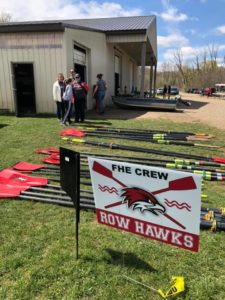
After the dock comes out of the water at our Boathouse, we begin Winter Conditioning by training on rowing machines at FHE High School Fitness Center through early Spring. As the weather warms, the dock goes in and we move over to the FHPS Boathouse for daily practices. We are on the water every day we can be, even in the rain. In rough weather, we hold practice back at FHE.
Practices are held from 4:30pm-6:30pm every Mon., Tues. Thurs.. and Fri. On Wednesdays, the Men train at 3:30pm and the Women at 4:30pm at FHE. Once we move to the Boathouse, we will have practice from 4:00pm – 6:30pm every day. Our crew teams must rig and de-rig their boats often, which takes up some of the practice time.
Middle School Crew at FHE
Students in grades 6th-8th grades and who plan to attend FHE may join us for Middle School Crew as part of our FHE High School Crew Club for:
- Summer Season Camp and Meijer Summer Games (if ready)
- Fall Season Practices, Regattas & Club events.
- Winter Season Conditioning in Practices which is ongoing through March With approval, this is a great supplemental sport for those who also play in other sports
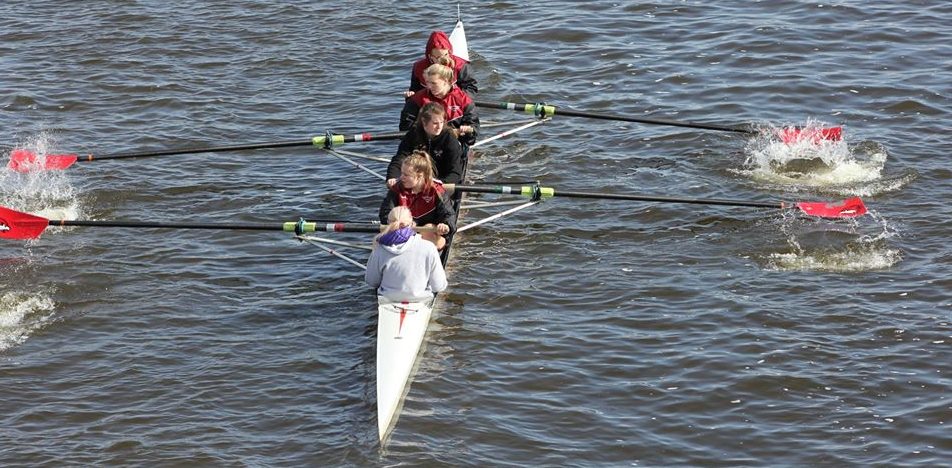
Beyond the Horizon-Rowing Scholarships in College
Interested in a rowing scholarship for college? There are many scholarship opportunities (especially for women) if you row crew in college, as not all high schools offer this sport. Once you are on FHE crew, and you decide you love it so much you can’t imagine life without crew, think about the benefits of rowing while you pursue your undergraduate degree. If you think you would like to row in college, Let Coach Ben know as soon as you can about your interest. He will meet with you and your parents to recommend scholarship opportunities depending on your academic and geographic preferences. He is happy to provide this guidance for his rowers!
Check out what our FHE CREW ALUMNI are up to!


